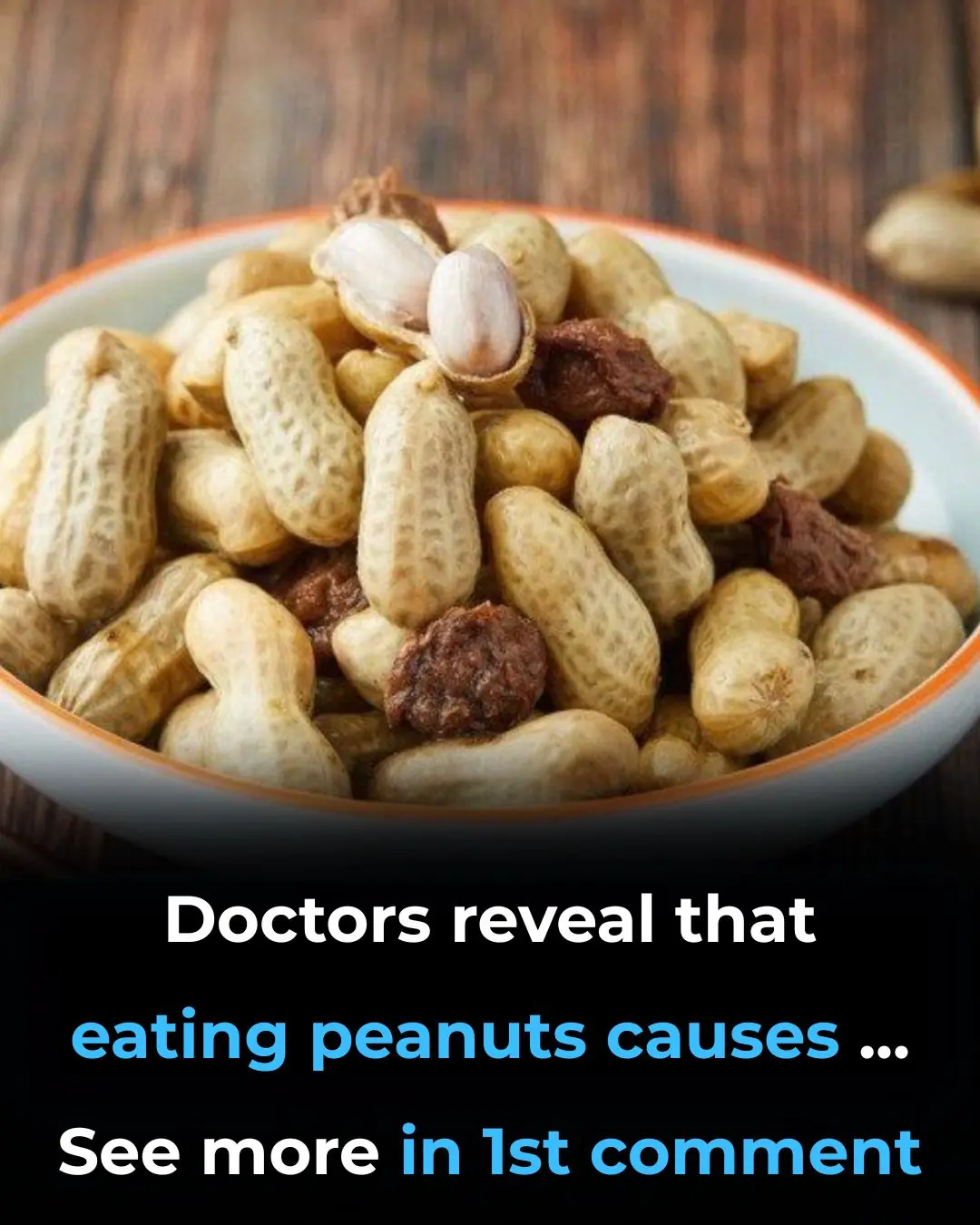
The #1 Food to Unclog Your Arteries Naturally

When it comes to protecting your heart, most people focus on cholesterol levels or blood pressure. But what if the real key to keeping your arteries clear and preventing deadly events like heart attacks and strokes lies in how your blood clots?
For decades, aspirin has been the go-to solution for thinning the blood and reducing clot formation. However, not everyone can tolerate it, and new evidence shows that there’s a natural, nutrient-rich alternative that offers similar—and sometimes superior—benefits without the risks.
Let’s explore why blood clots are the real threat, how omega-3 fatty acids—especially those found in cod liver oil—can help, and how to easily incorporate them into your daily routine for a healthier, stronger heart.
Key Takeaways
-
Aspirin can reduce clotting but may lead to dangerous side effects such as ulcers or brain bleeds.
-
Omega-3 fatty acids, particularly EPA (eicosapentaenoic acid), offer similar anti-clotting benefits naturally.
-
Cod liver oil stands out as the best whole-food source of EPA, along with essential vitamins A and D that protect and repair arteries.
-
Supporting your heart naturally means reducing inflammation, balancing hormones, and improving blood flow—not just managing cholesterol numbers.
Understanding Heart Attacks and Strokes: It’s All About Clots
Heart attacks and strokes are most often the result of blood clots, not cholesterol blockages. In fact, about 80% of cardiovascular events occur because a clot suddenly blocks blood flow to the heart or brain.
This shift in understanding is crucial. While cholesterol plays a role in arterial plaque, it’s the rupture of those plaques and the resulting clot that causes life-threatening emergencies.
Another fascinating discovery: nearly half of all heart attacks happen in the morning. That’s when cortisol and adrenaline—two stress hormones—peak, increasing blood pressure and clotting risk. Managing stress, inflammation, and blood fluidity therefore becomes a vital part of heart protection.
The Role—and Risk—of Aspirin
Aspirin’s heart-protective use dates back over a century. It works by inhibiting platelet aggregation, making blood less likely to clot. For years, millions were told to take a “baby aspirin” daily as a preventive measure.
However, updated research after 2022 led to major shifts in medical recommendations. For many people—especially older adults or those with a history of ulcers or bleeding—daily aspirin can do more harm than good. The risks include:
-
Stomach and intestinal bleeding
-
Increased risk of hemorrhagic stroke (brain bleed)
-
Interactions with other medications
As a result, health experts now recommend weighing the benefits and risks carefully, and for many, seeking a natural, food-based alternative that supports healthy blood flow without unwanted side effects.
The Natural Alternative: Omega-3 Fatty Acids
Enter omega-3 fatty acids, particularly EPA (eicosapentaenoic acid) and DHA (docosahexaenoic acid)—two nutrients found primarily in fatty fish and cod liver oil.
EPA, in particular, has been shown to:
-
Reduce inflammation: It calms the immune system’s inflammatory response, helping prevent the rupture of arterial plaques.
-
Keep platelets less sticky: Instead of suppressing clotting entirely (as aspirin does), EPA makes platelets more flexible and less prone to clump together, maintaining smoother blood flow.
-
Improve mood and reduce stress hormones: EPA lowers cortisol and adrenaline, helping prevent stress-induced clotting episodes.
Unlike aspirin, omega-3s nourish your arteries rather than irritating them. They work in harmony with your body’s natural mechanisms, improving both vascular health and emotional resilience.
Why Cod Liver Oil Is the Ultimate Food for Artery Health
While many fish—like salmon, sardines, and mackerel—contain omega-3s, cod liver oil stands out for its unique nutrient profile. It’s not just a source of EPA and DHA—it’s a powerhouse combination of heart-protective vitamins and anti-inflammatory compounds.
Here’s what makes cod liver oil so powerful:
-
High EPA Content:
EPA reduces clotting, lowers triglycerides, and stabilizes arterial plaque—similar to low-dose aspirin, but without the bleeding risk. -
Rich in Vitamin A (Retinol):
Vitamin A helps repair damaged tissues within the arteries and reduces inflammation in the inner arterial lining (the endothelium). It also enhances immune function and supports eye and skin health. -
Packed with Vitamin D:
Vitamin D is essential for cardiovascular protection. It boosts nitric oxide production, a compound that relaxes blood vessels, lowers blood pressure, and improves circulation. Research also shows that adequate vitamin D levels reduce arterial stiffness and protect against plaque instability—the key factor behind many heart attacks. -
Synergistic Nutrient Combination:
The trio of EPA + Vitamin A + Vitamin D creates a comprehensive cardiovascular defense system, supporting artery flexibility, balanced inflammation, and smooth blood flow—all crucial for preventing heart attacks and strokes.
How to Incorporate Cod Liver Oil Into Your Diet
Adding cod liver oil to your daily routine is simple—and the potential benefits extend far beyond heart health (think better skin, mood, and immunity).
Here are a few practical tips:
-
🐟 Choose Wild-Caught Sources: Look for wild-caught, sustainably sourced cod liver oil to ensure purity and avoid contaminants.
-
🧴 Liquid or Capsules: Both forms work well. Liquids often provide higher potency, while capsules are more convenient.
-
🍽️ Take With Meals: Fat-soluble vitamins (A and D) absorb best when taken with food containing healthy fats.
-
🍋 Mask the Flavor: If the taste isn’t for you, mix it into a smoothie or take it chilled with a squeeze of lemon.
-
💊 Follow Dosage Guidelines: Start with the manufacturer’s recommended dose, and consult your healthcare provider—especially if you’re on medications or have a bleeding disorder.
Beyond Cod Liver Oil: Supporting Arterial Health Naturally
Cod liver oil is powerful, but it works best as part of a broader heart-healthy lifestyle. Here are additional strategies to keep your arteries clean and your blood flowing freely:
-
Eat more anti-inflammatory foods: Include leafy greens, berries, nuts, olive oil, and fatty fish.
-
Move regularly: Just 30 minutes of moderate exercise daily improves circulation and reduces clot risk.
-
Stay hydrated: Proper hydration helps blood stay fluid and reduces platelet stickiness.
-
Manage stress: Meditation, deep breathing, and quality sleep lower cortisol and adrenaline—the same hormones that increase clot risk.
-
Avoid processed oils and excess sugar: These promote inflammation and endothelial damage.
Conclusion: A Smarter, Safer Way to Protect Your Heart
While aspirin has played an important role in heart health for decades, it’s not the only—or necessarily the best—option. Cod liver oil provides a natural, comprehensive way to support your cardiovascular system by reducing inflammation, stabilizing arteries, and improving blood flow.
With its rich blend of EPA, vitamin A, and vitamin D, cod liver oil stands out as one of the best foods for unclogging arteries and preventing blood clots.
If you’re looking for a simple, evidence-based way to boost your heart health, consider adding a high-quality cod liver oil supplement to your routine. Combined with good nutrition, exercise, and stress management, it could help keep your arteries youthful, flexible, and free-flowing for years to come.
Your heart—and your future self—will thank you. ❤️
News in the same category


S:ida Acuta: Exploring the Healing Properties of this Herbal Remedy
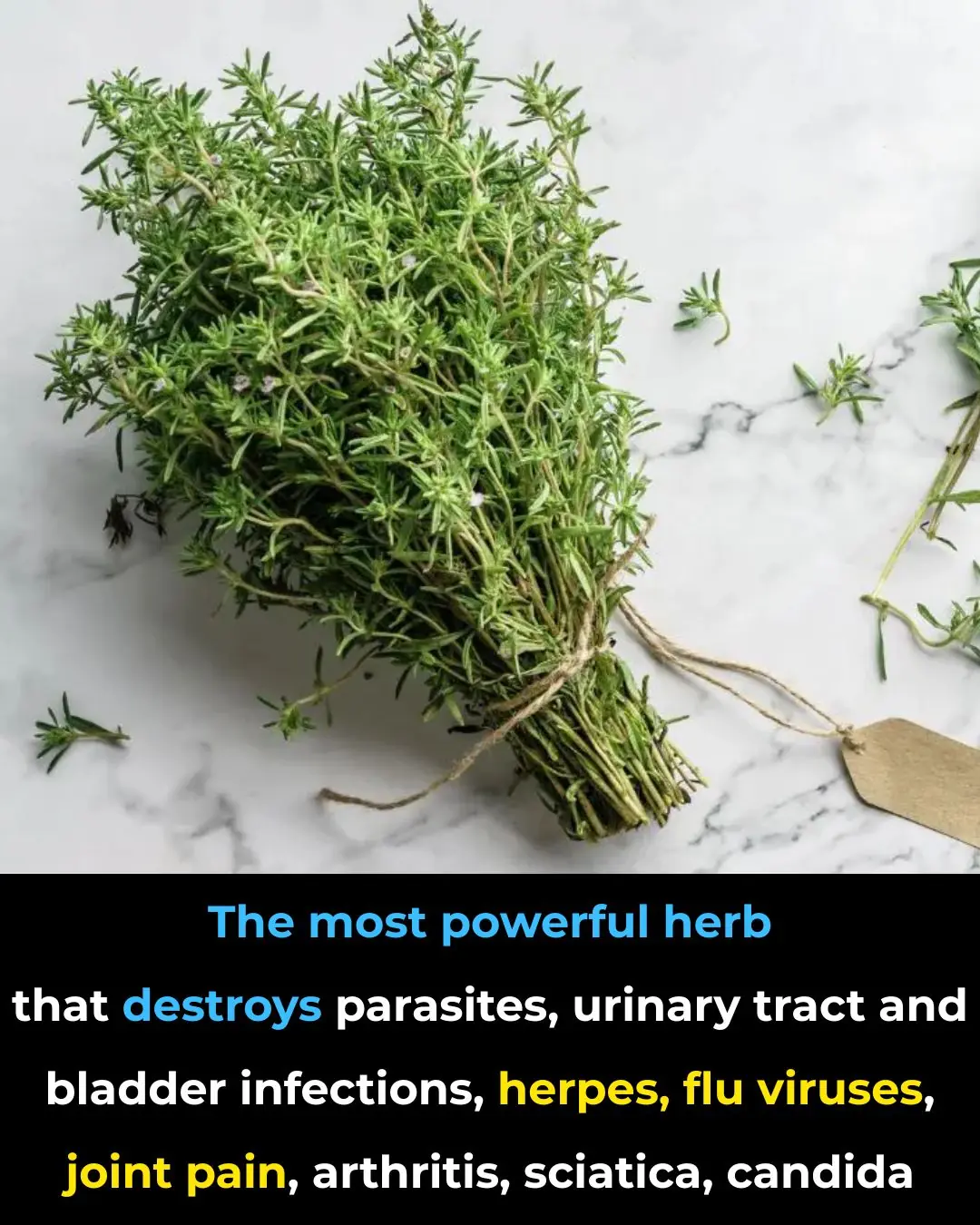
Oregano Oil: What Science Says About Its Antimicrobial Properties

Cold water refrigerator, long cooling
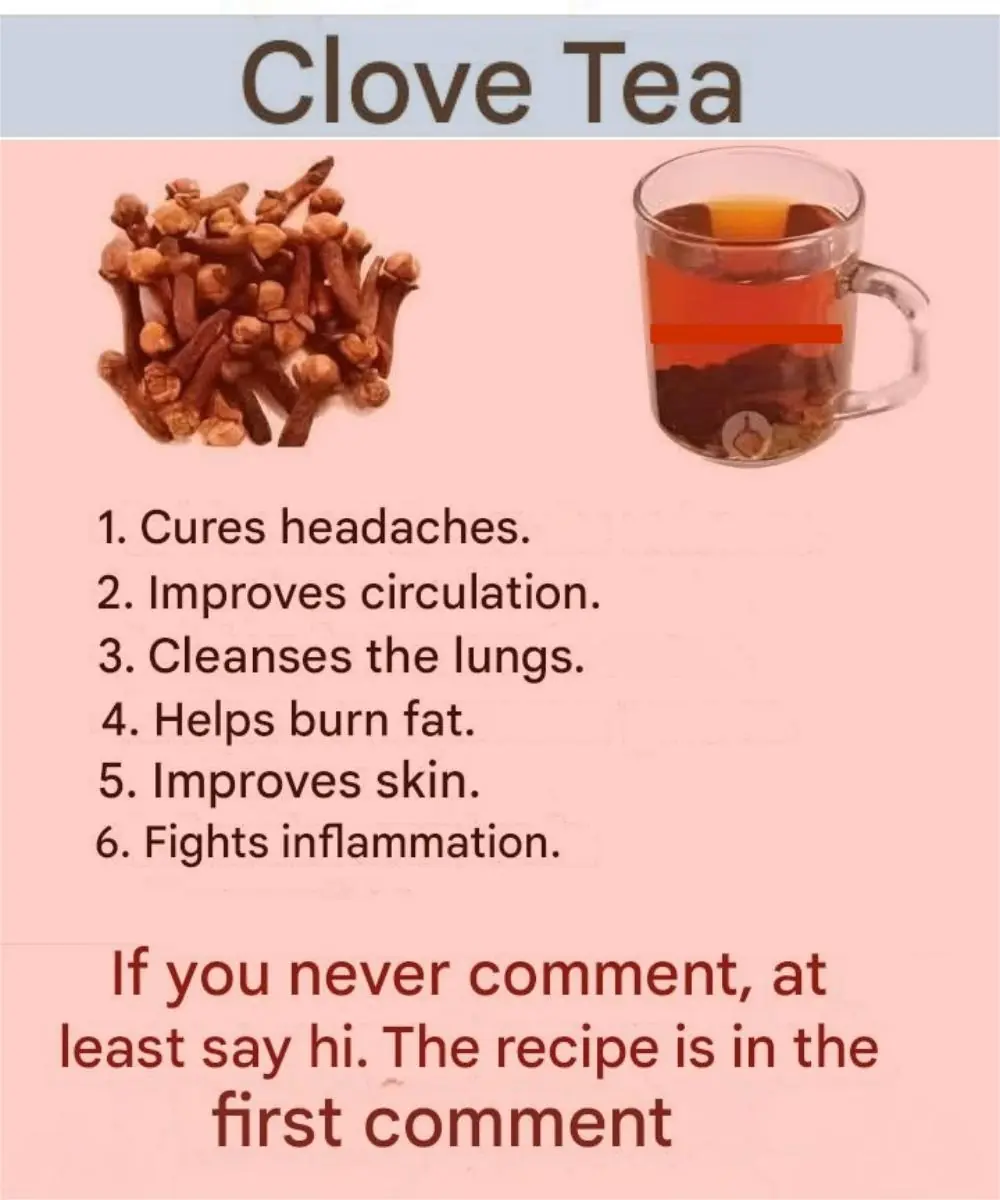
18 Powerful Ways to Use Clove Tea to Boost Health and Heal Naturally
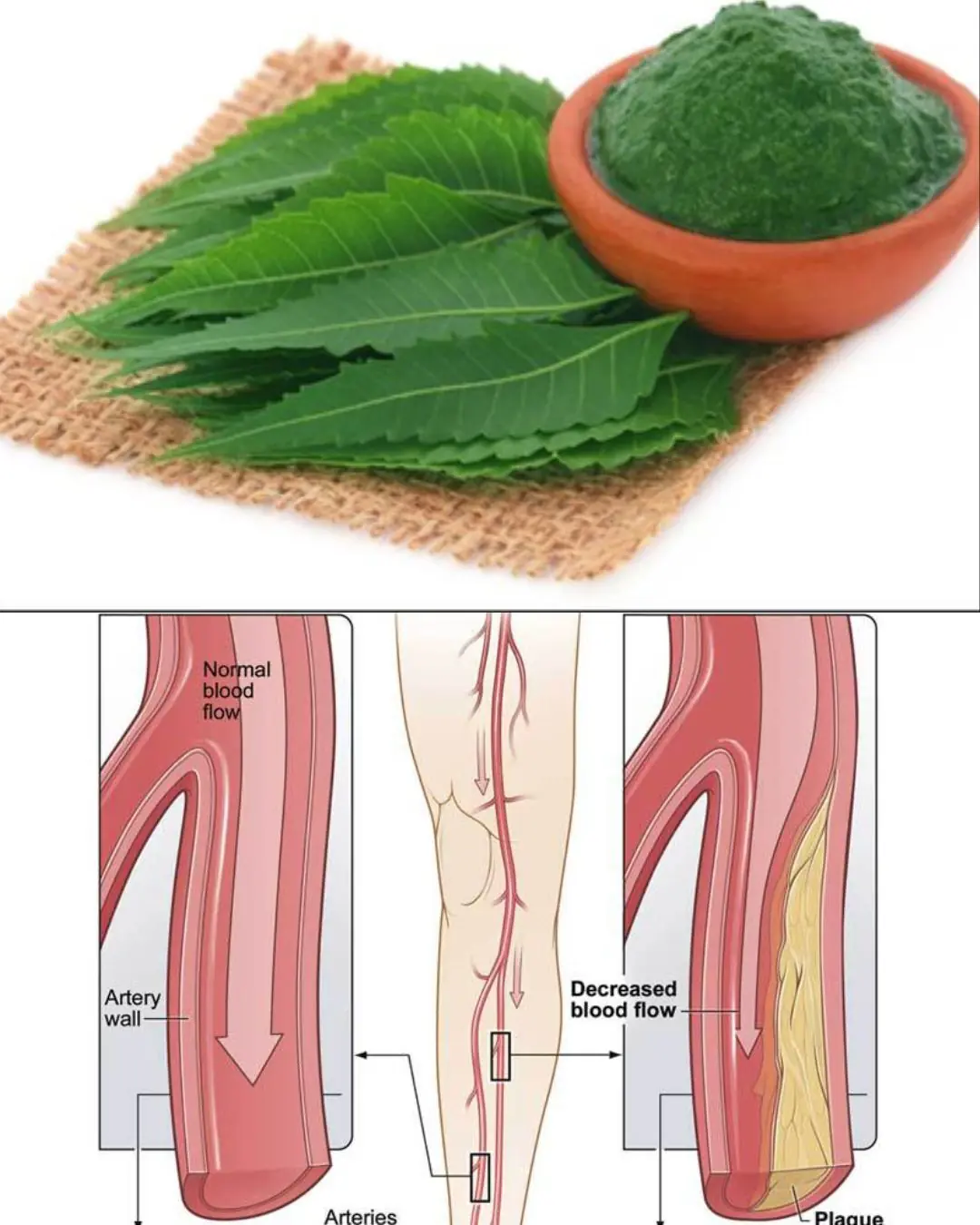
Neem: An Ancient Plant With Potential Health Benefits – What Science Says
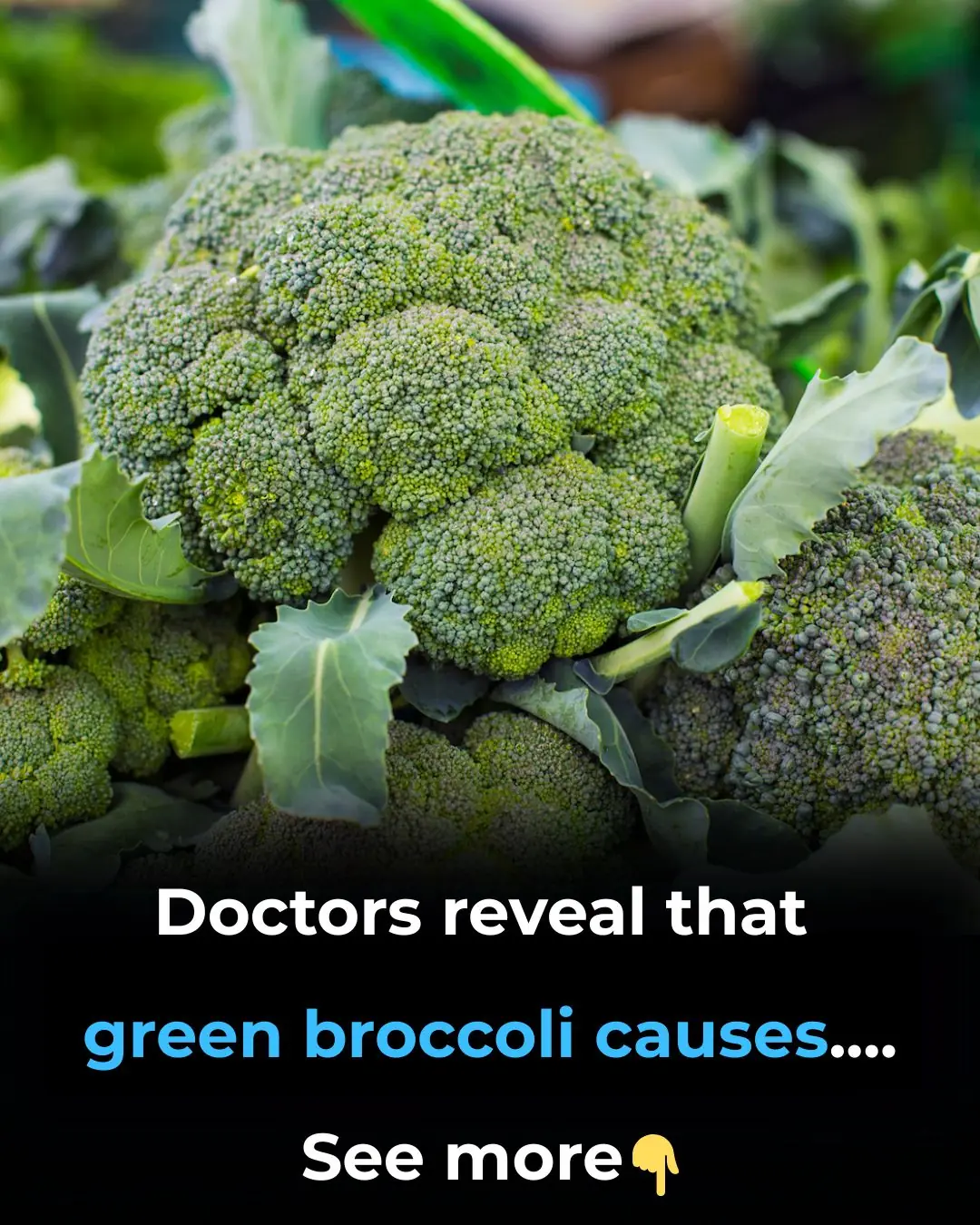
Doctors reveal that green broccoli causes...see more
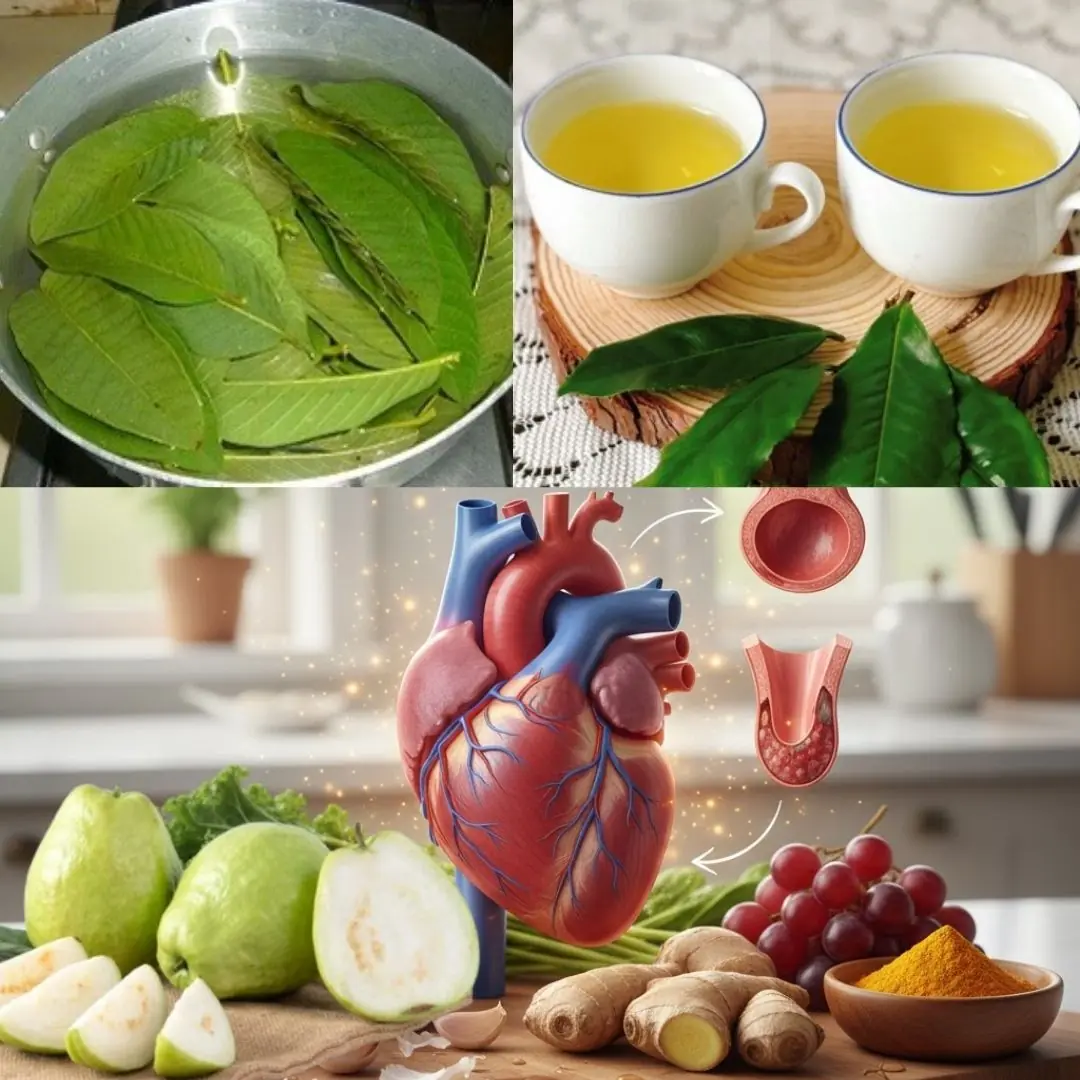
The Best Tea for Mornings and After Dinner: A Powerful Blend for Health

Mimosa Pudica Tea: How to Prepare and Health Benefits

Cloves and Onion: An Ancient Remedy with Modern Benefits

25 Incredible Health Benefits of Goosegrass
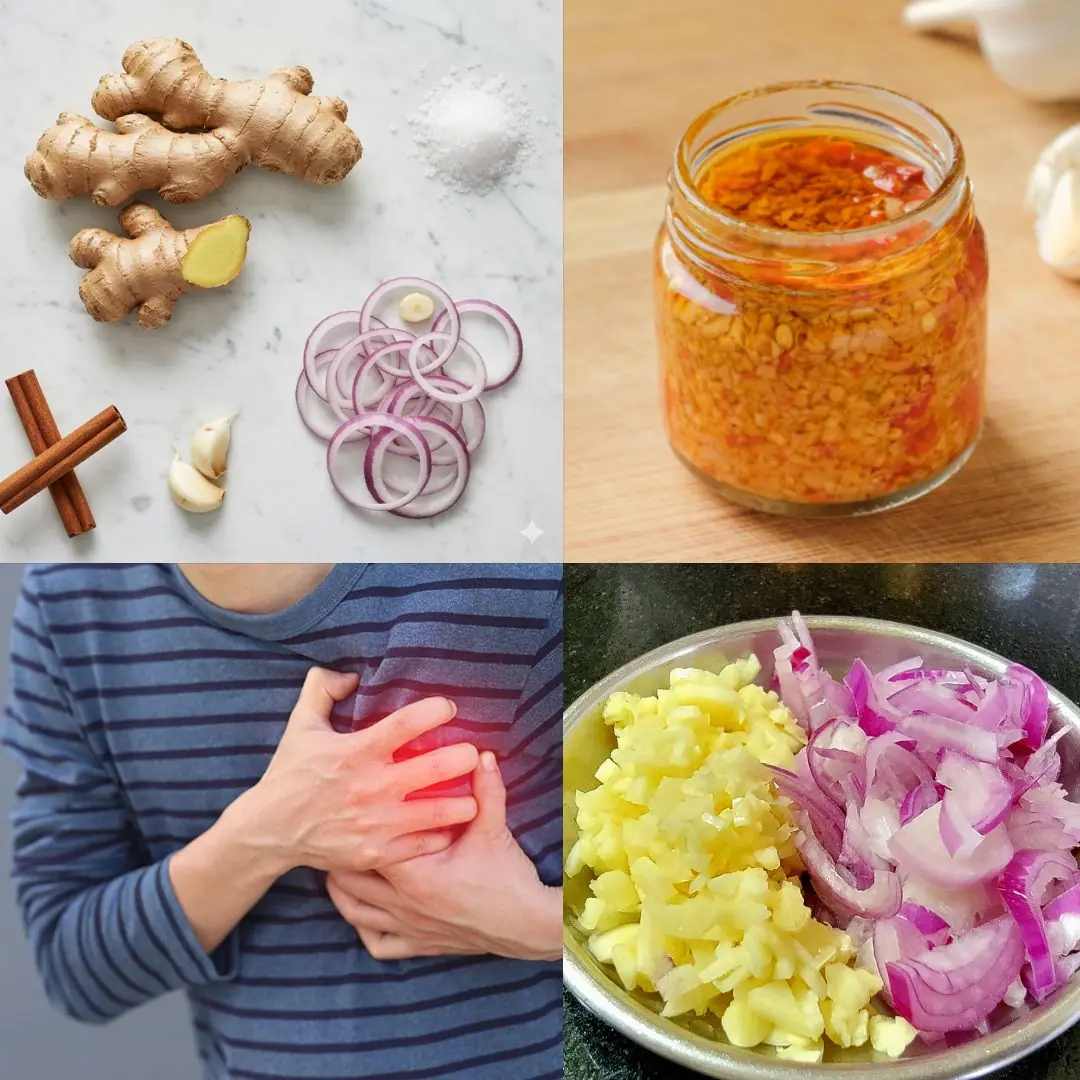
Honey, Lemon, Onion, Garlic & Ginger: The Daily Spoonful That Works Wonders

10 Powerful Benefits of Castor Leaves You Probably Didn’t Know About
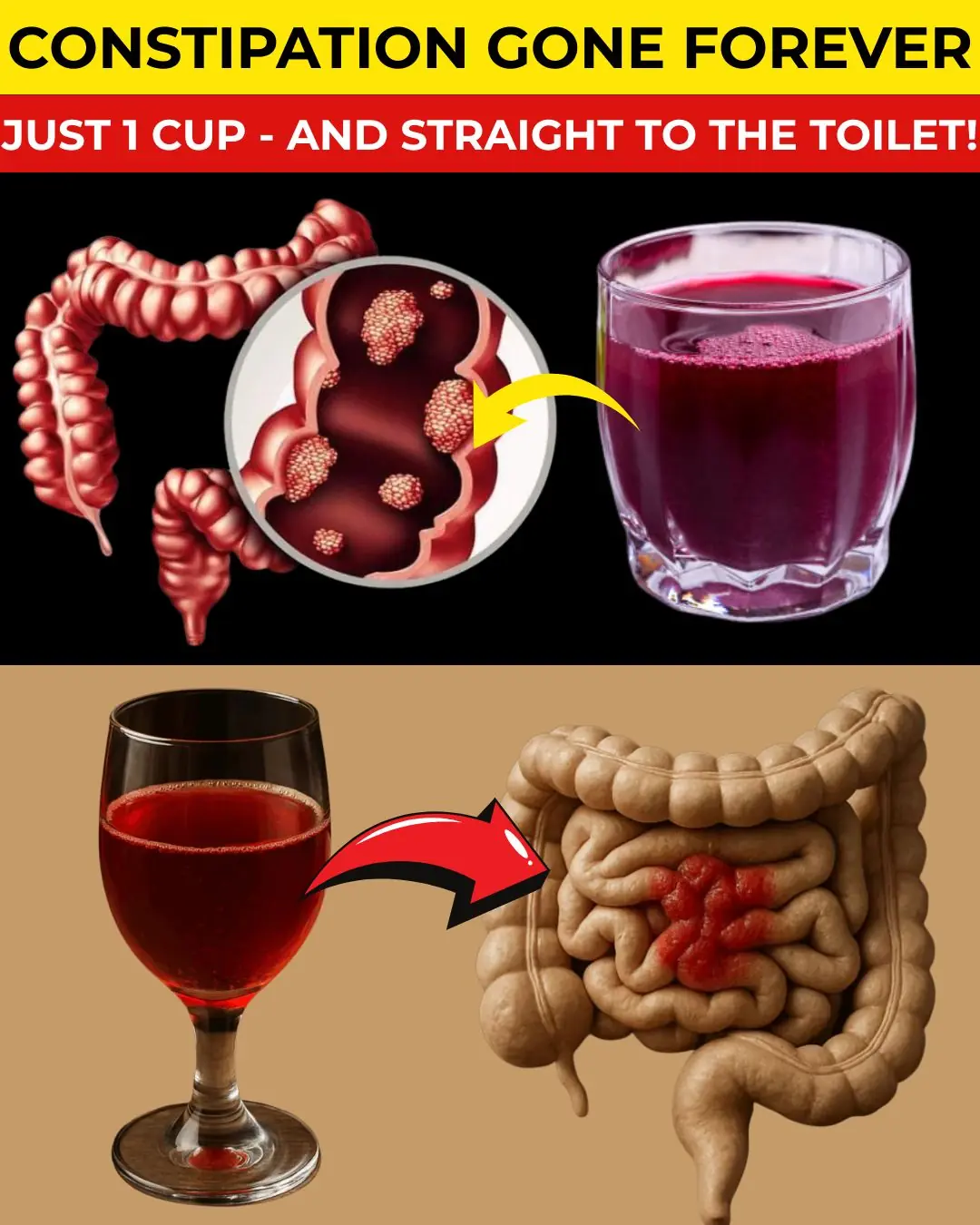
One Glass Before Bed – Say Goodbye to Constipation Overnight!

The Healing Leaves That Fight Disease Naturally: Diabetes, Poor Circulation, High Blood Pressure & Even Cancer 🌿💚
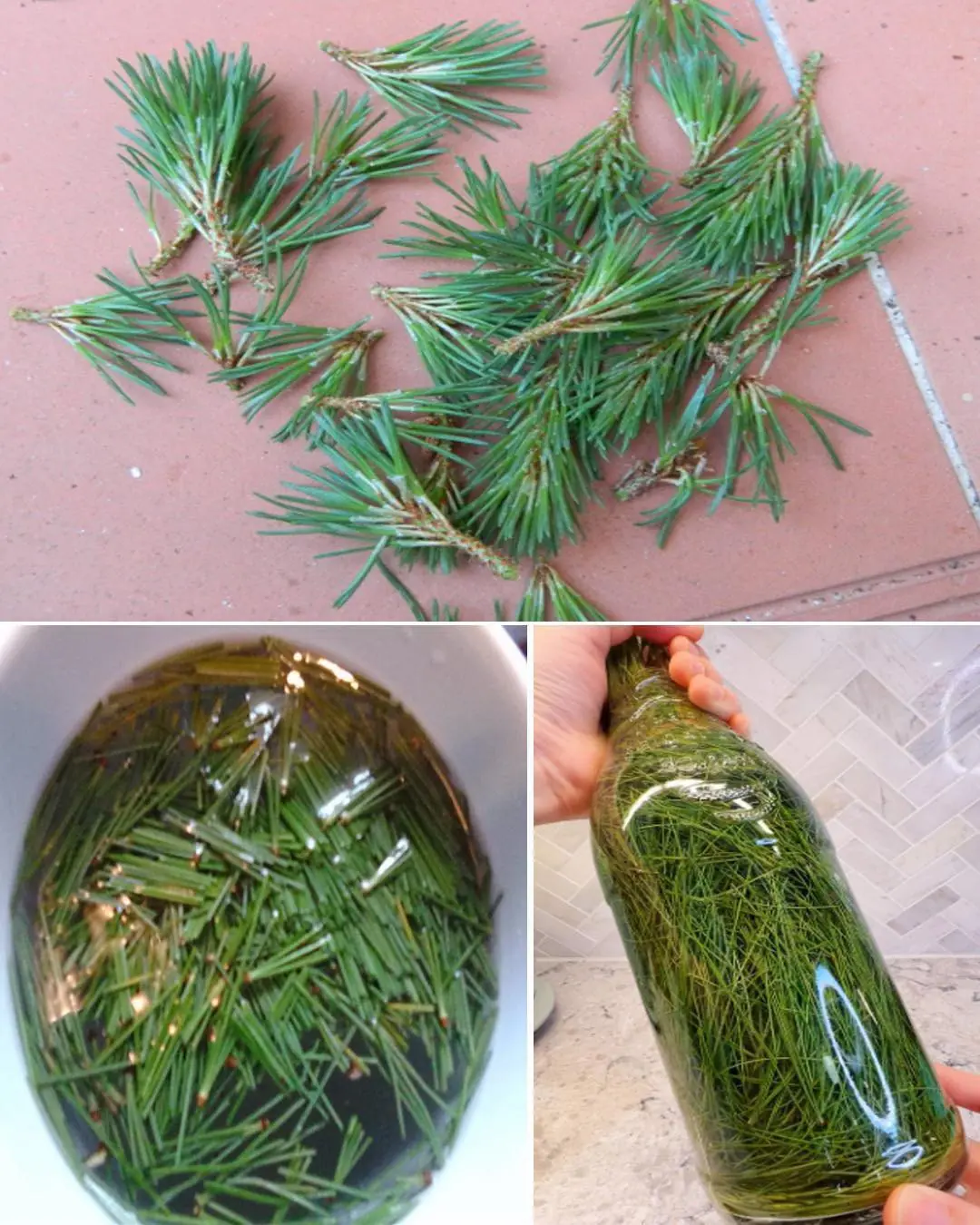
9 Health Benefits of Pine Needles

Unlock The Incredible Health Benefits of Garlic, Ginger and Lemon for Men

A special method to grow garlic in plastic bottles
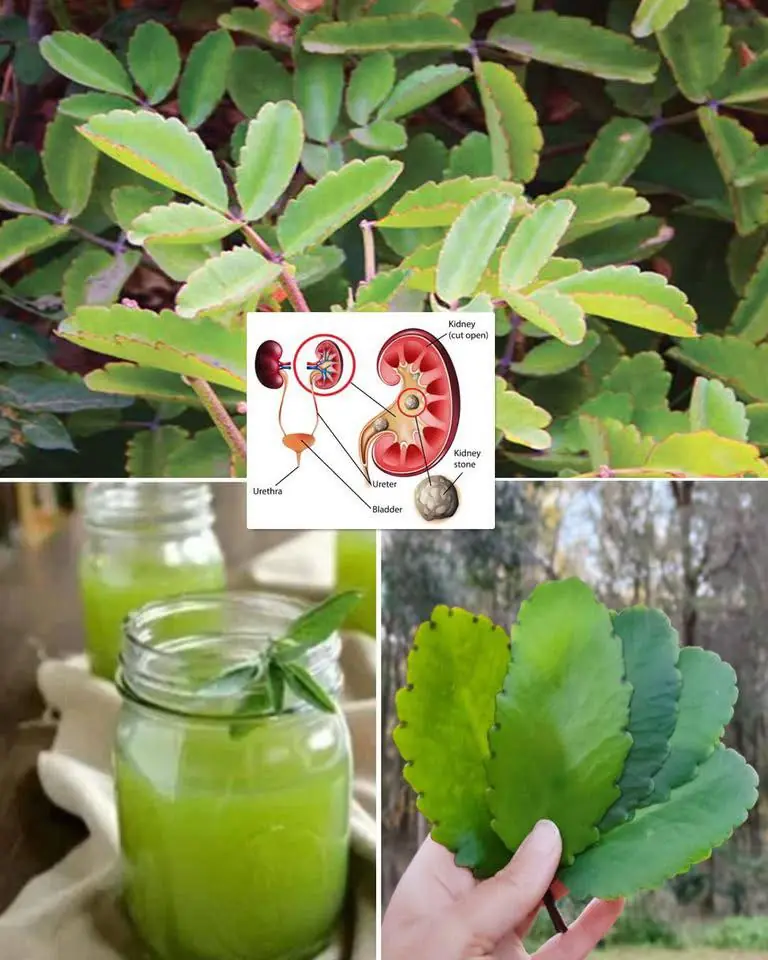
7 Benefits of the Miracle Leaf of Life
News Post

A 3-Year-Old Girl Bit a Thermometer and Swallowed Mercury: A Mother’s Smart Reaction Saved Her Daughter’s Life and Earned the Doctor’s Praise
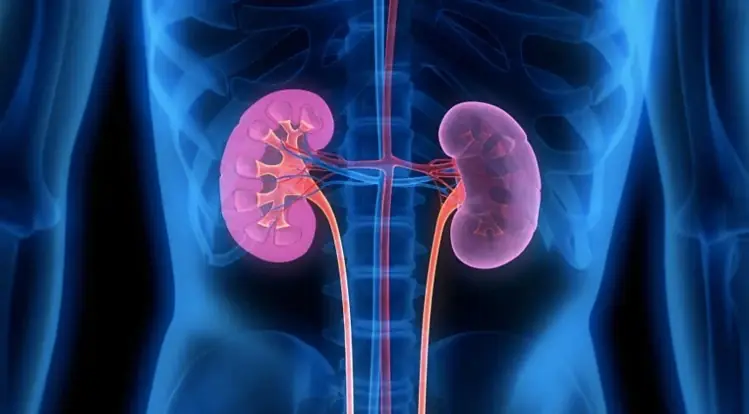
5 Signs of Kidney Failure That, If Ignored, Could Lead to a Lifetime of Dialysis
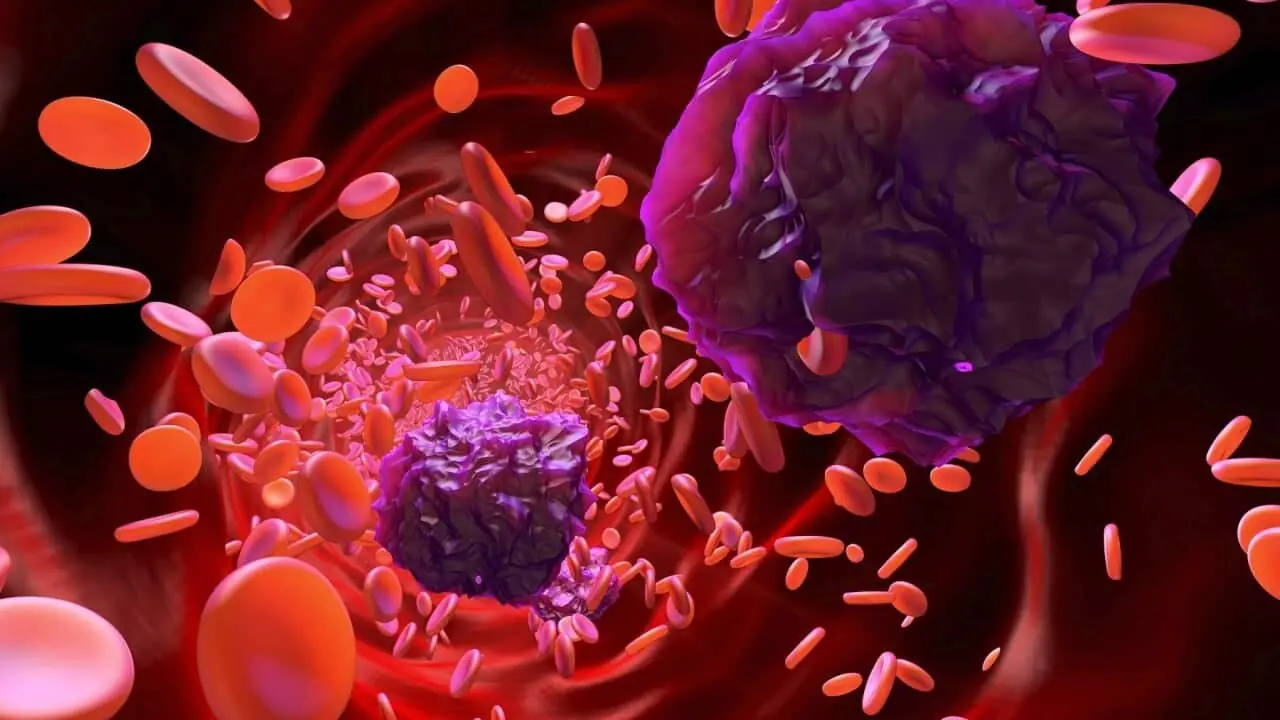
Is Cancer Hereditary? Useful Advice to Prevent the Growth of Cancer Cells

4 types of people who should avoid eating cucumbers

10 Warning Signs It’s Time to Cut Back on Caffeine

Scientists Reveal Interoception, the Amazing Sixth Sense of Humans

Stop throwing out old hoses. Here are 10 brilliant hacks to use them around the house

Shaun Wallace’s heartbreak over tragic family death: ‘I watched him physically degenerate’

EXCLUSIVE: Kerry Katona 'upset' over 'selfish' Katie Price as cracks show in friendship

You’re doing it all wrong. Here’s the right way to clean air vents

Big Brother fans fume ‘she can't get away with this’ as they slam housemate

My nana taught me this hack to get rid of lawn burn from dog pee in 5 mins with 0 work. Here’s how it works

You're doing it all wrong. Here’s the right way to store milk and dairy

You are doing it all wrong. Here's the right way to clean mirrors
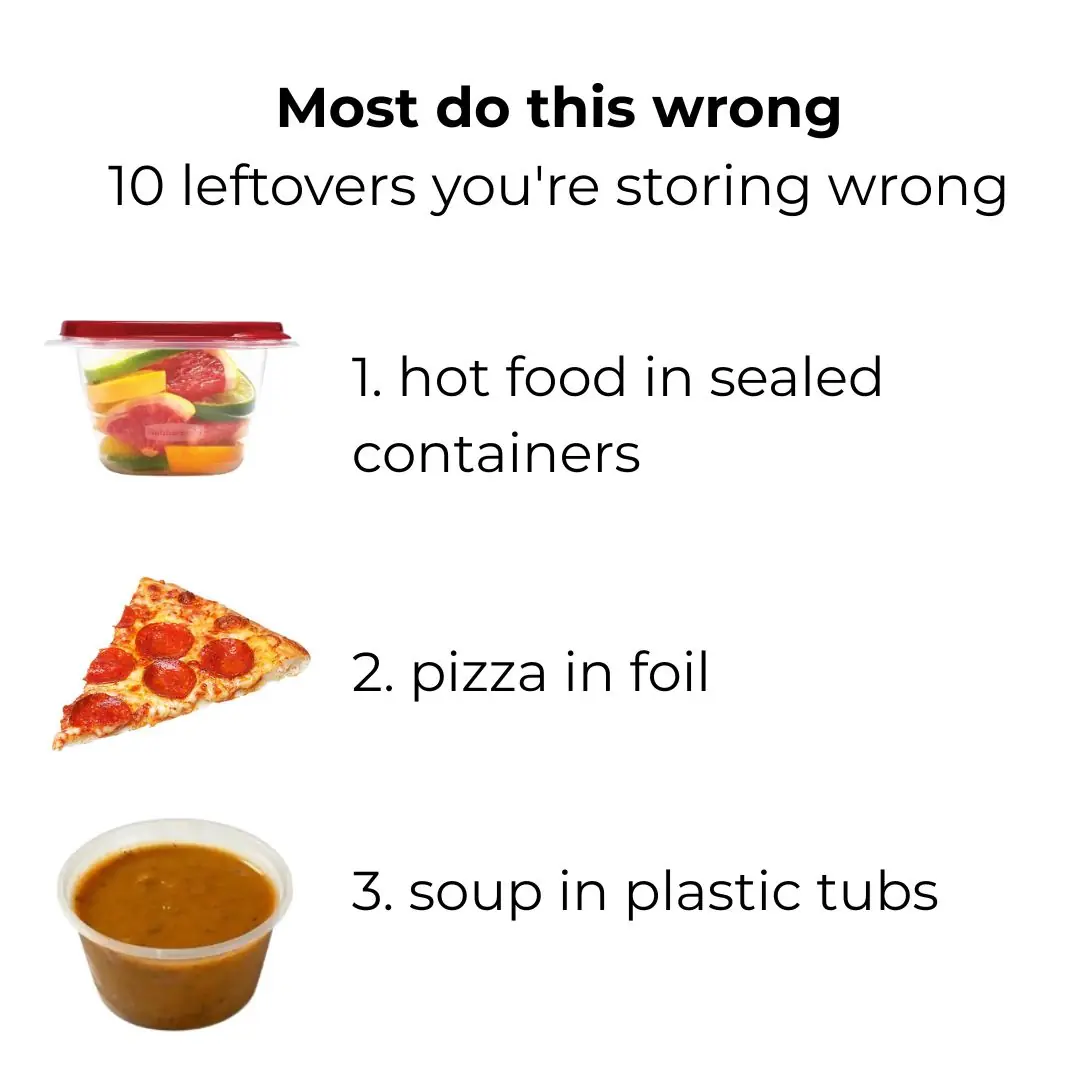
Most do this wrong. 10 leftovers you’re storing wrong

Delicious and crispy onion salt, you can keep it all year round without worrying about scum, just make it this way, whoever eats it will remember it forever

You are doing it all wrong. Here's the right way to store cleaning supplies

My nana taught me this hack to whiten yellow pillows in 5 mins with 0 work. Here’s how it works
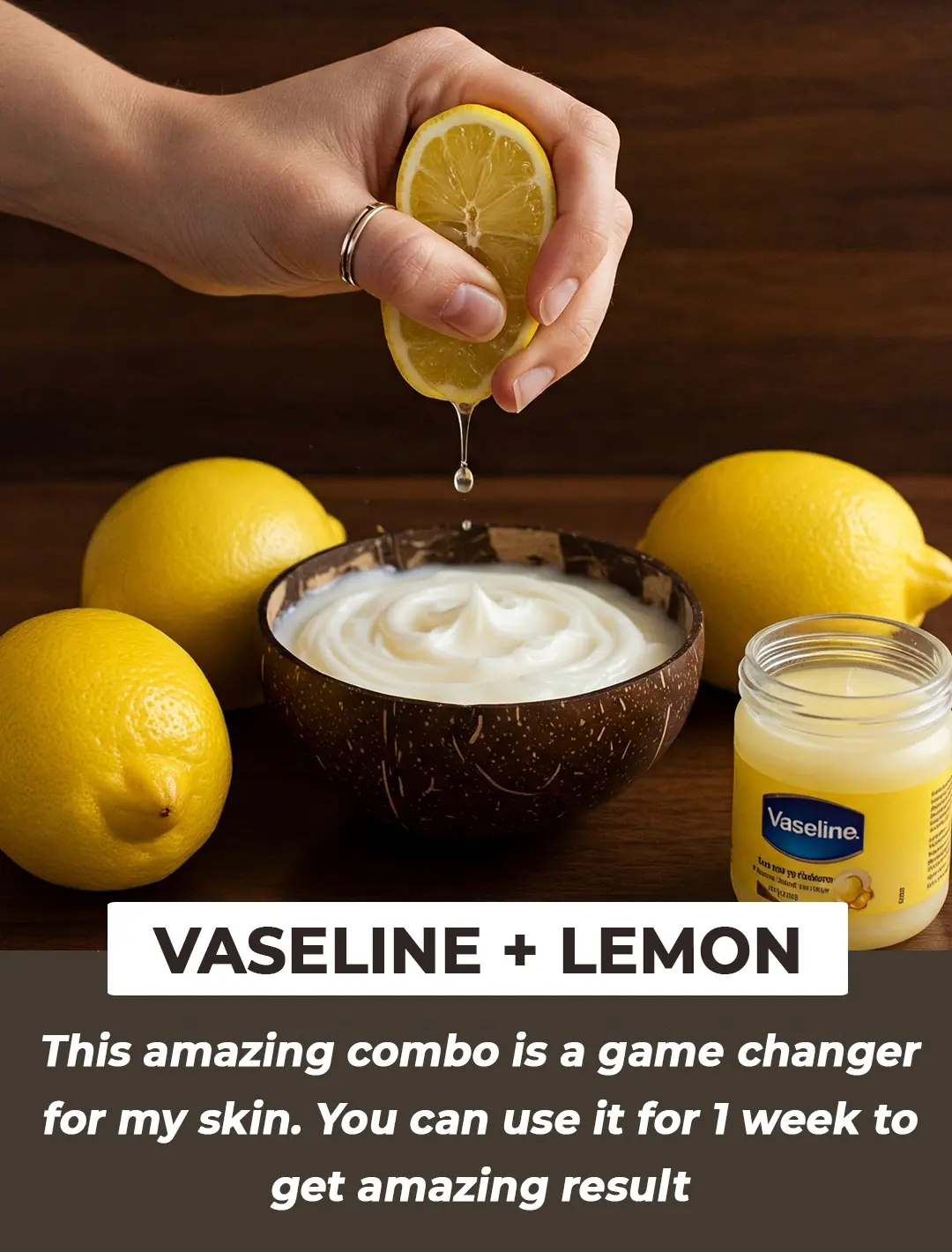
3 ultimate recipes using Vaseline & lemon to erase dark spots, clear acne and glow skin
